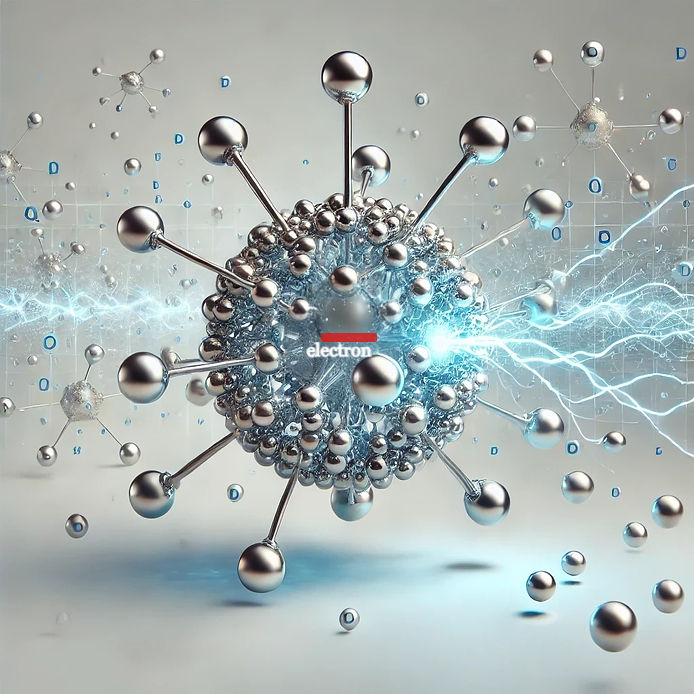Concept of Reduction
- S-1-PHARMACEUTICAL-ANALYSIS
- Feb 26
- 1 min read
Updated: Apr 7
Reduction is a process in which a chemical species gains one or more electrons, leading to a decrease in its oxidation state.
In other words, the species becomes less positively charged or more negatively charged.
Reduction is often associated with the addition of hydrogen to a substance or the removal of oxygen from it, but fundamentally, it is the gain of electrons that defines reduction.

Example
In the reaction between magnesium metal and oxygen gas, oxygen is reduced to form oxide ions (O²⁻), as shown below:
12O₂ (g) + 2e− → O²⁻ (s)
Oxygen has gained two electrons in this process, and its oxidation state has decreased from 0 to -2.
Reducing Agents
A reducing agent is a substance that donates electrons in a redox reaction, causing the reduction of another species.
By giving away electrons to another species, it enables that species to gain electrons, leading to its reduction.
As a result, the reducing agent itself gets oxidized in the process. Reducing agents typically have a low affinity for electrons and are identified by their ability to reduce other substances.
Example
In the reaction between hydrogen gas and oxygen gas to form water:
2H₂ (g) + O₂ (g) → 2H₂O (l)
Hydrogen (H₂) is the reducing agent, as it donates electrons to oxygen (O₂) during the reaction, leading to the oxidation of hydrogen and the reduction of oxygen.



Comments